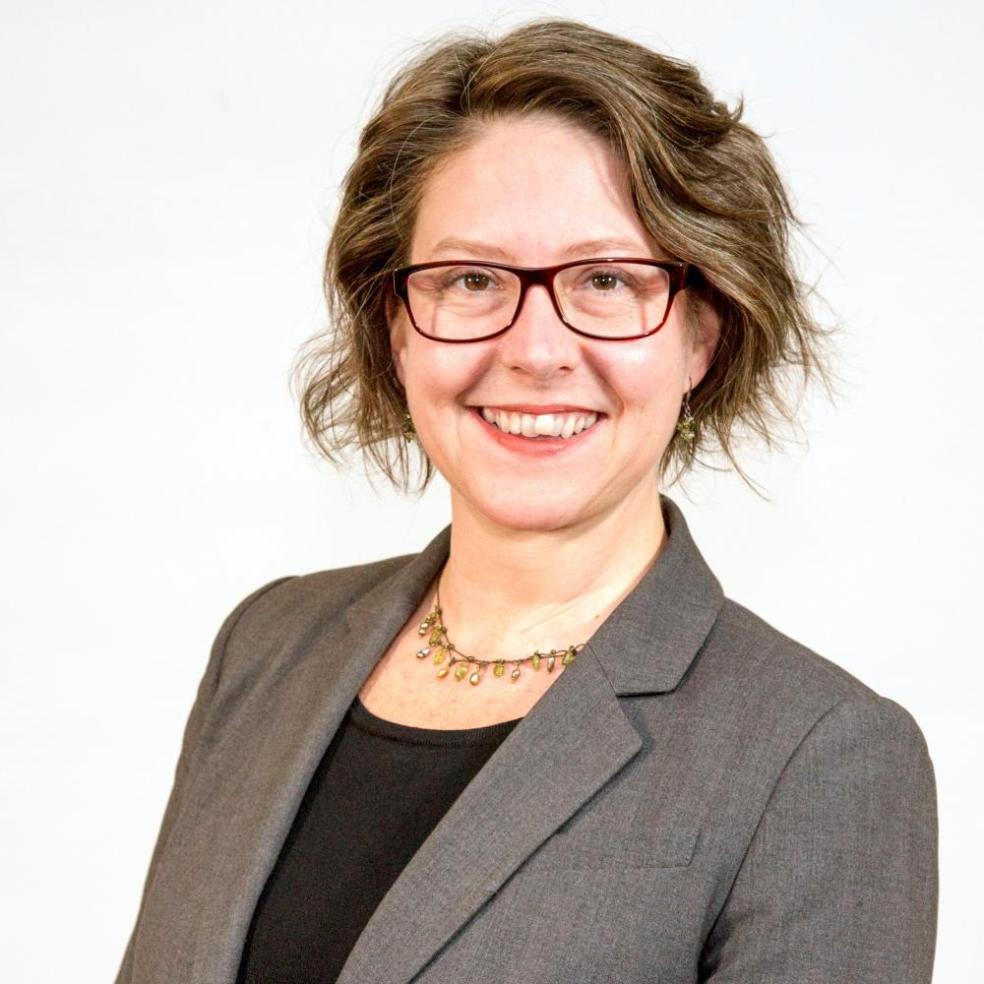
Robin Pagliuco (’03, Anthropology) didn’t plan on working to streamline one of the largest supportive housing programs in the country and she certainly hadn’t planned on attending Humboldt State, but that’s the road she started down when she began volunteering.
Pagliuco is the Director of Coordinated Entry for the City of New York’s Human Resources Administration. Coordinated Entry is a federal initiative that requires a universal, comprehensive assessment of the needs of individuals and families for housing and services and coordinates the fulfillment of those needs. Essentially Pagliuco runs a program that aims to place New York City’s most vulnerable into supportive housing as quickly as possible, based on need.
“Supportive housing is affordable housing with on-site social services for people experiencing homelessness who also have either a mental illness or a substance use disorder, or are living with HIV/Aids or other physical disabilities, and it’s heavily subsidized by the government,” says Pagliuco.
Pagliuco says her passion to help the community goes back to Humboldt State University’s Youth Educational Services (Y.E.S.). Y.E.S. is home to 10-14 student-led community engagement programs that provide opportunities for HSU students to volunteer in local school and community sites.
“I can trace it all back to the Y.E.S. House, where I first started getting involved with volunteer programs, community programs, organizing, and service learning. It really kicked off a passion for supporting the community,” says Pagliuco. “It became obvious that when you improve circumstances for one person or one family, the ripple effect of benefits in the community is enormous.”
Pagliuco grew up in Connecticut and began her college career at Boston University. But in 1998, after three years at BU, she grew tired of the East Coast and drove across the country to Humboldt County to live with a friend.
Even before she began attending Humboldt State, Pagliuco started volunteering with Y.E.S. and after a while decided to continue her college career at Humboldt State. Pagliuco was offered one of Y.E.S.’s student leadership positions as the director of Puentes, a program that helps Spanish speakers develop their English language skills.
“I fell in love with the programs at HSU and I got involved early with Y.E.S. and that led to serving on committees, and getting involved with the Sustainable Living Arts and Music Festival and then HSU’s CenterArts. I got plugged in early and I think that’s what made my experience there so rich.”
She moved to New York City in 2012 and got a M.S. in Urban Policy Analysis and Management from The New School. Before graduating she got a job working in affordable housing policy and advocacy at the Supportive Housing Network of New York.
In her position as Director of Coordinated Entry, Pagliuco leads a community-wide initiative called Coordinated Assessment and Placement System, or CAPS. “It’s something that I’m so excited and proud to be a part of, and it’s taken such a massive effort on the part of the supportive housing community and city to implement it.”
Placing people experiencing homelessness in supportive housing has a fairly long history in New York. “Supportive housing started in New York City in the 80s and today there are about 35,000 supportive housing units across the city. Before CAPS there were a lot of different systems that screened people for it, but they weren’t coordinated. What we did was take all these disparate systems and unite them into one system that lives in our agency,” says Pagliuco.
CAPS brings together the different parts of the homeless services community to work together in a way that hadn’t happened before. Agencies like the Department of Education, Department of Corrections, the state psychiatric hospitals, the city and private hospitals, and advocacy groups are now working within CAPS to place people experiencing homelessness into supportive housing.
The outcome is a system that places clients in housing much faster, which is greatly needed for people living on the streets. “If you give somebody the tools to actually get back on their feet, address whatever underlying issues they have, then you give them the opportunity to be happy and also contribute to society, whether that be to their family, community, their city or the nation.”